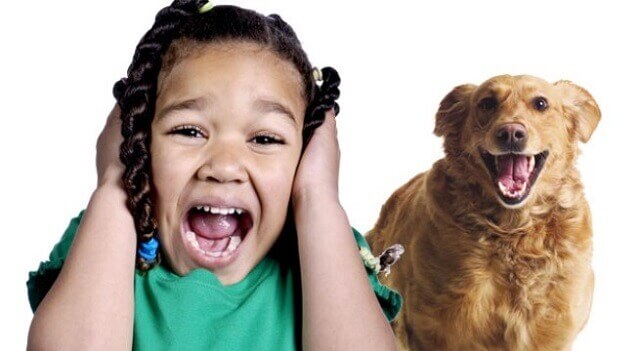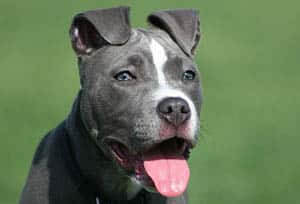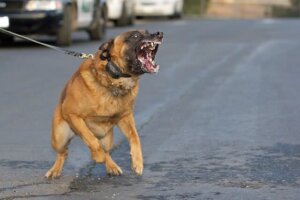Dog bites can happen at any age, but small children are especially at risk for this traumatic injury. Per the American Veterinary Medical Association (AVMA), children ages 0 to 4 are at the highest risk for a dog bite or attack.
Small children do not understand the warning signs that a dog is about to attack, including growling, hair rising, or barking.
Parents can help protect their children by teaching them to not approach a dog they do not know. But in addition to this basic teaching, implementing the tips below should help young children learn good “dog manners,” and avoid a traumatic injury.
Never Leave Small Children Alone with a Dog
Even if it is the family pet, small children should not be left alone with a dog. The child and dog must be supervised together, and if the dog starts to show signs of agitation, separate them quickly. It is easy for a dog to become stressed around a small child, especially if the child continues to tug at them, sit on them, or bother them.
Teach Your Child Behaviors to Avoid
Dogs give warning signs, but small children may fail to catch them. Teach your children the warning signs a dog might give off so that they can better understand their pet. Some warning signs they should know include:
- Stiff posture and staring
- Curling lips
- Growling
- Defending possessions
- Showing the whites of the eyes
- Licking chops
- Whining
Let the Dog Have Its Territory
Dogs are very aggressive over their territory, especially their bed, food and water bowl. Teach your children to leave the dog’s possessions alone. Even a family dog may bite or attack to defend its food. Your child should never approach the dog while it is eating.
If your dog has toys, teach your child not to play with the dog’s toys, and keep them separated from one another.
Never Approach Strange Dogs
Your child should never approach a dog that they do not know, or even a neighborhood dog. Instead, they must ask permission from the dog’s owner before approaching. It’s also important to know that they should never put their hands into a fence to pet a dog – even if they know the dog. Reaching through the fence can be interpreted by the dog as an intrusion on the dog’s property – and this may bring on an attack.
Always Stay Calm
Dogs react to your emotions. If your child is uncomfortable around dogs, teach them to remain calm and not scream. Yelling and running can make a dog attack, so teach your child to never run from a dog – even if the dog is agitated.
Was Your Child Attacked by a Dog?
If your child was attacked by a dog, you have the right to compensation. Dog attacks do not just harm our bodies, but they can permanently affect your child emotionally. When a dog attacks, their owner is responsible for the actions of their pet.
To see if your child’s attack qualifies for compensation, speak with an injury advocate like Jeffrey H. Penneys, Esq. Contact him on his cell at 215-771-0430, toll-free at 800-465-8795, or at the office 215-987-3550. You can also contact him online with your questions.







